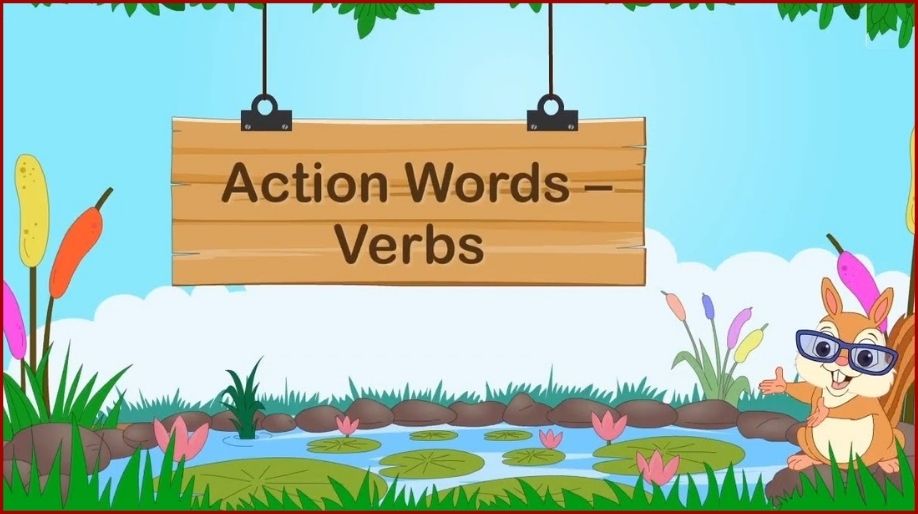
Verb:
A verb is a word that expresses a physical action, mental action or a state of being.
Examples,
• He is selling hot cakes.
• He guessed the right number.
• He is a scientist.
In the above sentences, ‘selling’, ‘guessed’, and ‘is’ denote verb.
Types of verbs
• Action verbs
• State verbs
• Auxiliary verbs
• Transitive verbs
• Intransitive verbs
Action verbs: An action verb expresses an activity that a person or thing can do.
Examples,
• We won the match.
• He is eating ice cream.
State verbs: A state verb expresses a state rather than an action. A state verb typically relates to a state of being, a thought, or an emotion.
Examples,
• He believes in god.
• I am happy.
Auxiliary verbs: An auxiliary verb (or helping verb) accompanies a main verb to help express tense, voice or mood. The most common auxiliary verbs are "be," "do," and "have" (in their various forms).
Examples,
• He has reached.
• He was having fun.
Transitive verbs: A verb that has a direct object is called a transitive verb.
Examples,
• I saw a dog.
• He eats melon.
Intransitive verbs: A verb that does not have a direct object is called an intransitive verb.
Examples,
• She sneezed loudly.
• The birds fly.
Modal verbs: Modal verbs are auxiliary verbs that communicate meanings such as permission, possibility, certainty, and necessity. They are used before ordinary verbs. Modal verbs include can, could, may, might, will, would, shall, should, must, and ought.
Examples,
• You should follow traffic rules.
• He can lift this box.
Exercise
Identify the type of underlined verb in the following sentences.
1. I prefer quality to quantity.
a. Action verb
b. State verb
c. Auxiliary verb
d. Intransitive verb
2. The dog caught the stick in its mouth.
a. Intransitive verb
b. State verb
c. Action verb
d. Modal verb
3. Few of these monkeys still exist in the wild.
a. Transitive verb
b. Action verb
c. Auxiliary verb
d. Intransitive verb
4. She rested the ladder against the wall.
a. Transitive verb
b. Intransitive verb
c. State verb
d. Modal verb
5. The doctor told me to rest.
a. Transitive verb
b. Intransitive verb
c. Auxiliary verb
d. Modal verb
6. She said that she couldn’t come.
a. State verb
b. Intransitive verb
c. Modal verb
d. Action verb
7. I have been sneezing all morning.
a. Transitive verb
b. State verb
c. Auxiliary verb
d. Intransitive verb
8. He had been waiting for you since morning.
a. Auxiliary verb
b. Modal verb
c. Action verb
d. Intransitive verb
9. They are offering a reward for the return of their cat.
a. Intransitive verb
b. Transitive verb
c. State verb
d. Modal verb
10. I didn’t mean to hurt your feelings.
a. modal verb
b. Transitive verb
c. State verb
d. Action verb
Answers
1. B
2. C
3. D
4. A
5. B
6. C
7. D
8. A
9. B
Yearlong program for Olympiads preparation & to build necessary skills for future.
Explore More
Time to mark your calendar with the upcoming Olympiads exam schedule.
Explore More
Take your Olympiad preparation to next-level by taking LIVE Classes.
Explore More
Assess your performance by taking topic-wise and full length mock tests.
Explore More
Online tuitions for international compeitions like SASMO, SEAMO, etc for Grades 1-11.
Explore More